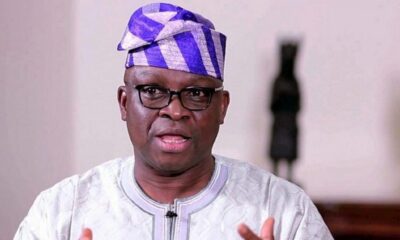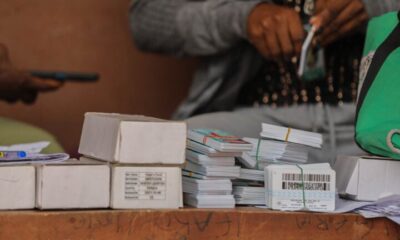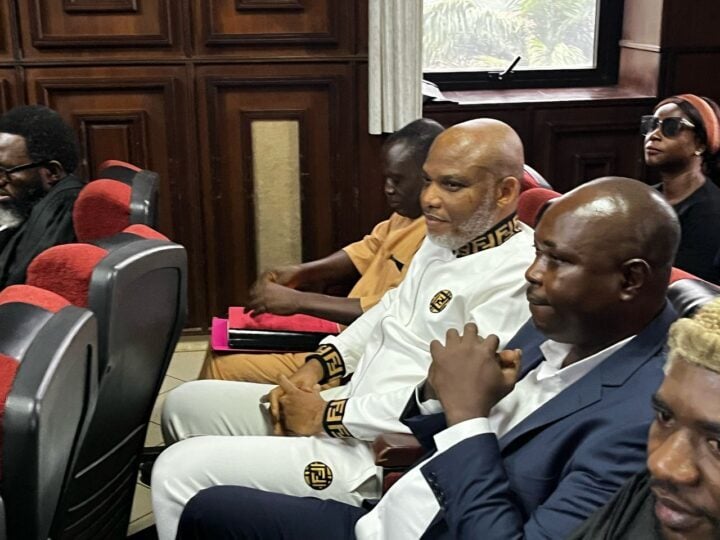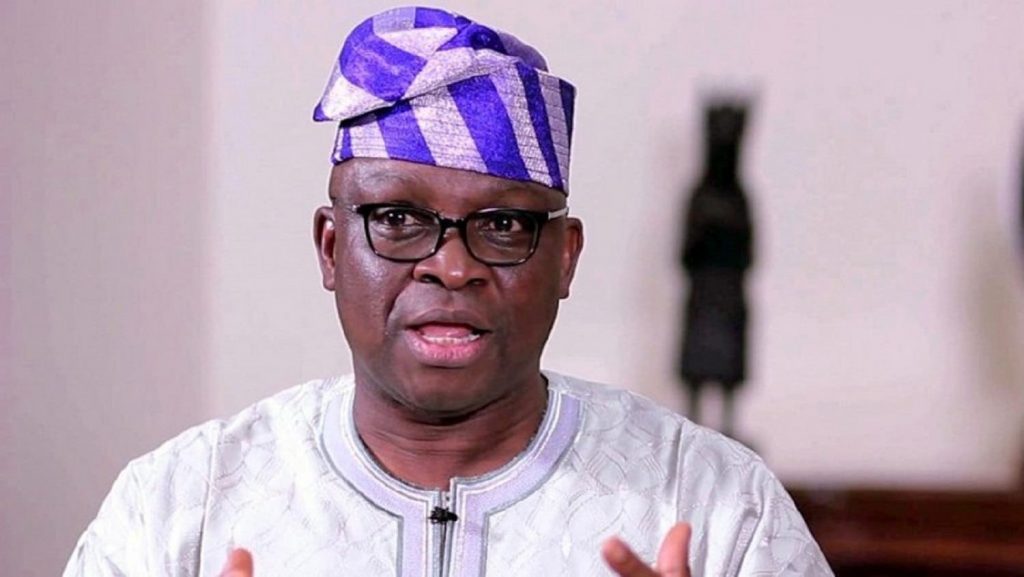The federation account allocation committee (FAAC) says it shared N1.67 trillion among the three tiers of government in February.
The figure represents a decrease of N25 billion or 1.49 percent compared to the N1.703 trillion distributed in January.
Bawa Mokwa, the director of press and public relations of office of the accountant-general of the federation (OAGF), spoke on the revenue distribution in a FAAC communiqué, according to NAN.
FAAC said the total revenue of N1.678 trillion comprised a statutory revenue of N827.63 billion and value-added tax (VAT) income of N609.43 billion, electronic money transfer levy (EMTL) revenue of N35.17 billion, solid minerals revenue of N28.21 billion and augmentation of N178 billion.
The committee also said a total gross revenue of N2.34 trillion was available in February.
Total deduction for cost of collection was N89.092 billion while total transfers, interventions, refunds, and savings was N577.097 billion, the communique reads.
GROSS STATUTORY REVENUE DROPPED IN FEBRUARY
The communiqué further said a gross statutory revenue of N1.65 trillion was received in February. This, it said, was lower than the sum of N1.84 trillion recorded in January by N194.66 billion.
FAAC said a gross revenue of N654.45 billion was available from VAT in February, lower than the N771.88 billion available in January by N117.43 billion.
According to the committee, from the total distributable revenue of N1.67 trillion, the federal government received N569.65 billion, N562.19 billion went to states, while the local governments got N410.55 billion.
A total sum of N136.04 billion (13 percent of mineral revenue) was shared with the benefiting states as derivation revenue.
Of the N827.63 billion statutory revenue, the federal government received N366.26 billion and the state governments received N185.77 billion, FAAC said.
The local governments received N143.22 billion and the sum of N132.37 billion (13 percent of mineral revenue) was shared to the benefiting states as derivation revenue.
The committee also said from the N609.43 billion VAT revenue, the federal government got N91.41 billion, state governments had N304.71 billion and the local governments received N213.3 billion.
A total sum of N5.27 billion was received by the federal government from the N35.17 billion EMTL. The state governments received N17.58 billion and the LGCs received N12.31 billion, FAAC said.
From the N28.21 billion solid minerals revenue, the federal government received N12.93 billion and the state governments received N6.56 billion.
The local governments received N5.05 billion and a total sum of N3.66 billion (13 percent of mineral revenue) was shared to the benefiting States as derivation revenue.
FAAC also said oil and gas royalty and EMTL increased significantly while VAT, petroleum profit tax (PPT), companies income tax, excise duty, import duty, and CET levies recorded a decrease.

 BIG STORY2 days ago
BIG STORY2 days ago
 BIG STORY1 day ago
BIG STORY1 day ago
 BIG STORY20 hours ago
BIG STORY20 hours ago
 BIG STORY3 days ago
BIG STORY3 days ago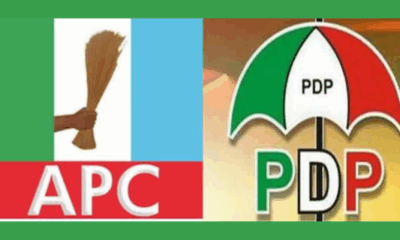
 BIG STORY2 days ago
BIG STORY2 days ago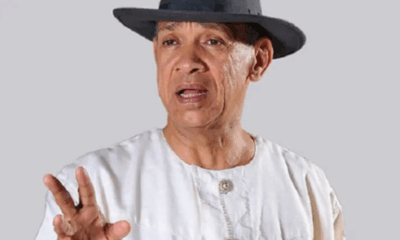
 BIG STORY20 hours ago
BIG STORY20 hours ago
 BIG STORY3 days ago
BIG STORY3 days ago
 BIG STORY2 days ago
BIG STORY2 days ago









